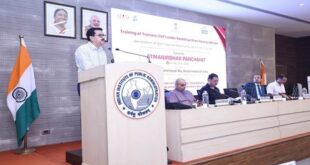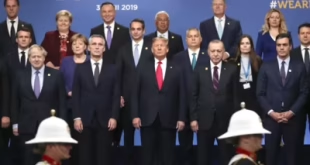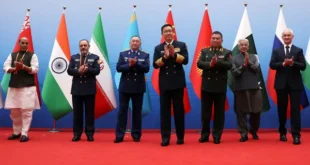- The Tulu speakers, mainly in Karnataka and Kerala, have been requesting the governments to give it official language status and include it in the eighth schedule to the Constitution.
- In 2020, there was a demand to include Tulu in the new National Education Policy (NEP).
- Official Language or Languages of a State
- Part XVII of the Indian Constitution deals with the official language in Articles 343 to 351.
- Article 345 of the Constitution says “the Legislature of a State may by law adopt any one or more of the languages in use in the State or Hindi as the language or languages to be used for all or any of the official purposes of that State”.
Eighth Schedule of the Constitution
- The Constitutional provisions relating to the Eighth Schedule occur in Article 344 (1) and 351 of the Constitution.
- The languages listed under Eighth Schedule are:
- (1) Assamese, (2) Bengali, (3) Gujarati, (4) Hindi, (5) Kannada, (6) Kashmiri, (7) Konkani, (8) Malayalam, (9) Manipuri, (10) Marathi, (11) Nepali, (12) Oriya, (13) Punjabi, (14) Sanskrit, (15) Sindhi, (16) Tamil, (17) Telugu, (18) Urdu (19) Bodo, (20) Santhali, (21) Maithili and (22) Dogri.
- Languages are added through Constitutional Amendments.
Important points:
- Tulu is a Dravidian language spoken mainly in two coastal districts Dakshina Kannada and Udupi of Karnataka and Kasaragod district of Kerala.
- This region is informally known as Tulu Nadu. There has been a demand for separate statehood for Tulu Nadu.
- As per the 2011 Census report, there are 18,46,427 Tulu-speaking people in India.
- The oldest available inscriptions in Tulu are from the period between 14th to 15th century AD.
- Tulu was introduced as a language in school by the Karnataka Government a few years ago.
- Tulu has a rich oral literature tradition with folk-song forms like paddana, and traditional folk theatre yakshagana.
- Tulu also has an active tradition of cinema with around 5 to 7 Tulu language movies produced a year.
- Article 29 of the Constitution: It deals with the “Protection of interests of minorities”. It states that any section of the citizens residing in any part of
- India having a distinct language, script or culture of its own, shall have the right to conserve the same.
- The Yuelu Proclamation was adopted at the first international conference on language resources protection in Changsha, Central China’s Hunan province in 2018 by UNESCO (United Nations Educational, Scientific and Cultural Organization).
- It calls upon the international community, states, governments and non-governmental organizations, among others, to reach a consensus on the protection and promotion of linguistic diversity in the world.
SOURCE: THE HINDU,THE ECONOMIC TIMES,MINT
 Chinmaya IAS Academy – Current Affairs Chinmaya IAS Academy – Current Affairs
Chinmaya IAS Academy – Current Affairs Chinmaya IAS Academy – Current Affairs



